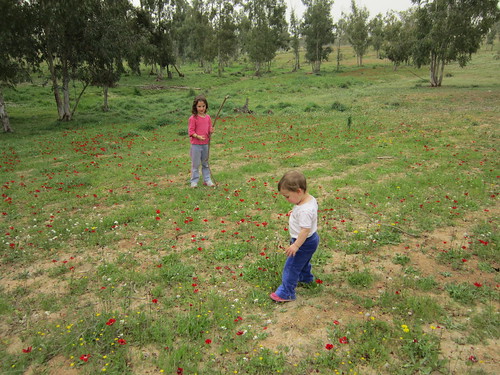My work posts are written and posted while I'm at work, because I feel that writing it all up helps me evaluate the situation better.
There are many annuals (or even less frequent journals) that have been cataloged as books not periodicals because you can't put subject headings with individual periodical issues in LMS+. This was confirmed for me by a friend who uses LMS+ at a high school library.
Journals like Gal_Ed, Polin, עיונים בתקופת ישראל and others are within the stacks, and not with the periodicals. The shelf number situation is also weird. He wanted (for most of them) to stick them together so they originally had a running call number ie: H122 (Jews in Poland) 65 (the 65th book cataloged in H122) but then when a new volume came, he put sort of a cutter. so the first 10 volumes are 65-75, the next five are 75.1-75.5. Not good, not easy. I don't mind them staying in with the books, because they are much more logical for the journals that relate to a specific topic, but I have to fix the shelf number situation.
 |
Shelf Numbers
|
Thoughts on this.
Option 1: Give them all the same number, and add a third line to the shelf number field which includes the volume number of the journal. This third line would be also helpful, because multiple volumes of non periodicals just have the number of volumes in the record, not on the label, so it isn't always easy to figure out what you are looking at.
Option 2: Be an ostrich and stick my head in the sand.
Option 3: I'm not sure. Move it to Periodicals (X) but still catalog each issue individually and not have it labeled in the system as a periodical. (If I label it as a periodical, I get irrelevant fields, that will mess things up.)
Please help, with opinions, suggestions..this is important!


